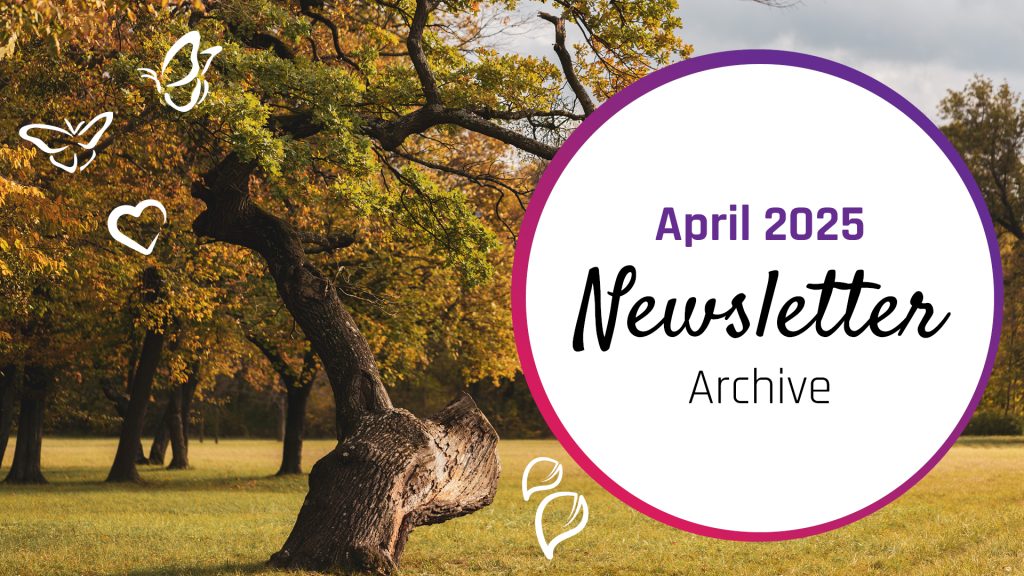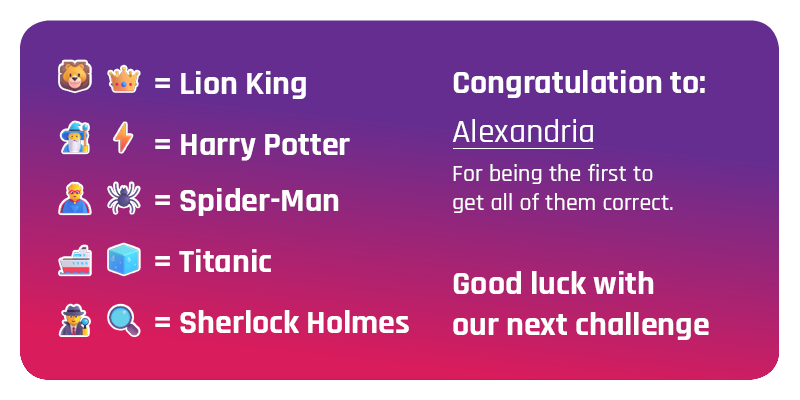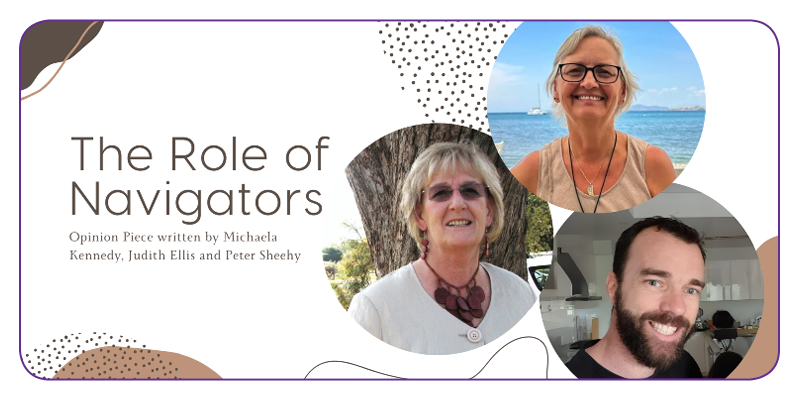
We hope everyone has had a great month. With Easter just passing, hopefully, everyone had a good break with their friends and family.
In this month’s newsletter we have; a fun writing challenge, a masterful athlete, a Participant raising funds for a cause he believes in and an employee spotlighting someone who is going above and beyond.
We’ve even got some tips on getting a better night’s sleep, a fun fact about eggs, and so much more. Check it out below.

Rewrite a Bad Ending
This week, we would like you to:
Pick a Story – a book, movie, TV show, or game where you thought the ending fell flat or dissatisfied you.
Rewrite It in 3 Sentences – Keep it concise but impactful! The goal is to fix plot holes, redeem characters, or make it feel right.
Share and compare – Either reply to this email or post your answer on Facebook with @inclusiontree
Example:
I recently finished the Metro book series. It’s set 20 years after a nuclear war in Moscow, and the only people who survived sealed themselves in the underground Metro. The ending of the third book annoyed me (spoilers, by the way), as it saw the main character, Artyom, trying to convince the people of the Metro that they have no future in the Metro and need to leave.
His pleas are ignored. Feeling dejected and infuriated that all his work and suffering were for nothing, Artyom and his wife leave the Metro alone, searching for a new place to live. The story never says if they did find a place or what happens to the people of the Metro, given the story’s bleak and dark themes, it gives the sense of nothing good. I would have liked the ending to have a bit of hope and been a little uplifting, so here is how I would have liked to see the story end.
When Artyom passionately pleads with the people of his station to leave the Metro, a decent number of them listen to him. They are facing a famine and a war between other factions, so leaving makes some sense. Artyom’s stepfather, the station leader, also agrees, and they form a group of refugees who leave the Metro. The story ends with them making their way to the settlement in Murom and beginning a new life.
Now lets hear yours.
At 26 years old, Matthew is a passionate athlete who has made a name for himself in the world of Boccie. Despite living with cerebral palsy, he has risen through the ranks, earning medals and forging friendships.
At Inclusion Tree, we know that expanding your caseload can feel daunting, but it’s also an opportunity for growth, learning, and making an even more significant impact on participants’ lives.
Here are some simple things you can try to get a better night’s sleep:
“Temperature Diving”
Red Light = Green Light
“The 4-7-8 Method”
Meet another one of our Participants who went above and beyond this month to raise money for Mental Health.
Did you know? In Australia, nine people die by suicide every day, and 75% of mental health challenges begin before age 25. That’s why our incredible participant, Shane, is stepping up (and growing out!) for a cause close to his heart.
Shane’s Mullet Mission:
He’s raising funds for Black Dog Institute – a world-leading mental health research org tackling mental wellbeing across every stage of life. And yes, his hair game is about to get epic for a great cause!
Every dollar helps fund life-changing research. Let’s back Shane’s mullet madness and make a real difference!

While this opinion piece has been out for a while, it still holds some valuable information. Co-written by our own Michaela Kennedy and Peter Sheehy, this article addresses the December 2023 NDIS Review Report, focusing on the recommended introduction of navigators.
NDIA Announces Reset in Co-Design Approach for NDIS Changes
The NDIA has acknowledged community concerns by pausing some co-design groups and refocusing on four priority areas—including navigation, safeguarding, and participant pathways—to allow for deeper collaboration. The changes will be rolled out gradually, starting September 2025, with a complete transition expected by 2031.
While this reset is a step forward, Every Australian Counts has written a fantastic article that breaks down all the priority areas that need addressing. It urges the NDIA to ensure meaningful, inclusive engagement results in real action.
Read the full article for details on the timeline, working groups, and how you can have your say.
The first-ever “Beeping Easter Egg Hunt” was created for children with visual impairments! These eggs emit chirping or buzzing sounds so everyone can join the hunt. The tradition started in the 1980s and has since spread worldwide—proving that everyone can enjoy the magic of Easter with a bit of creativity.
We acknowledge the connections of First Nations People of Australia to the land, sea and community on which we live and work. As custodians of this sacred land we respect and acknowledge Elders, past, present and emerging.